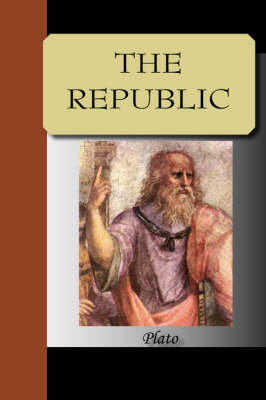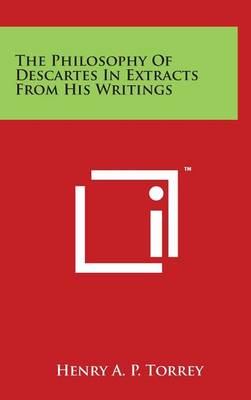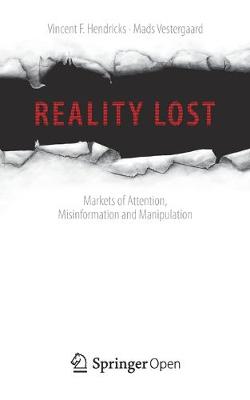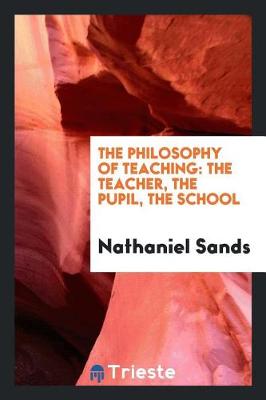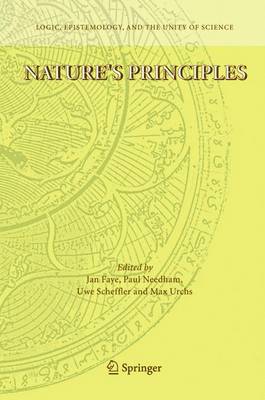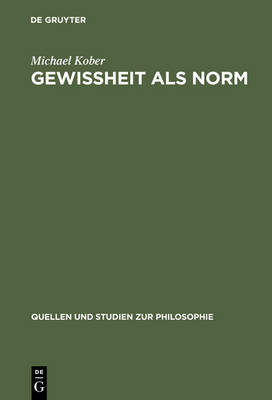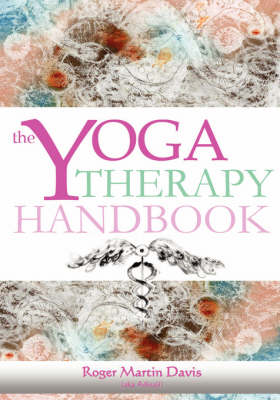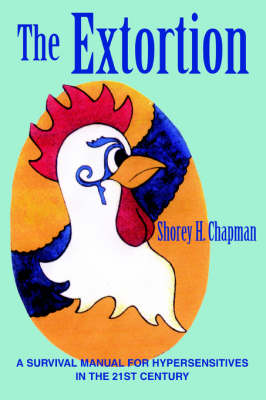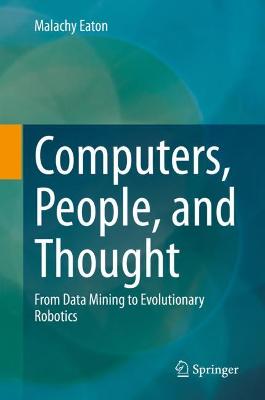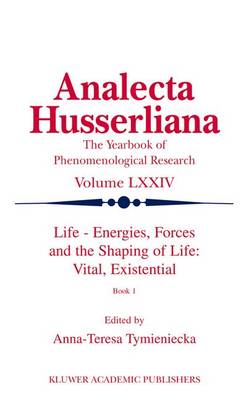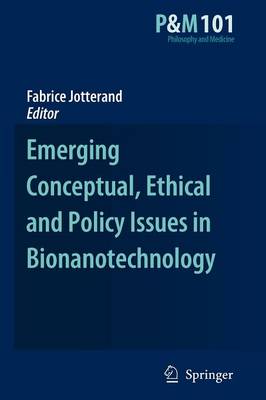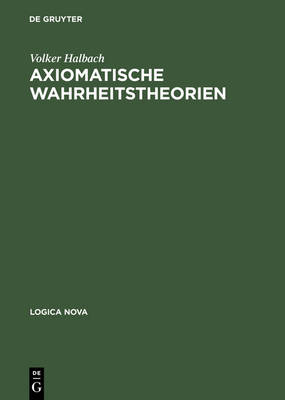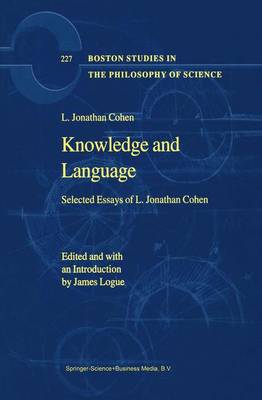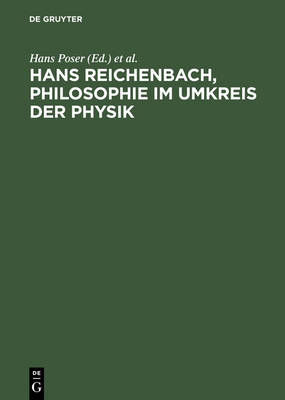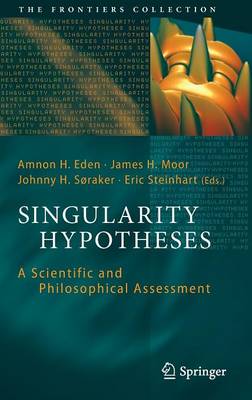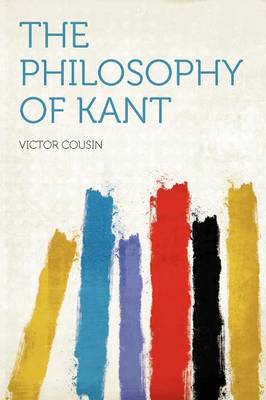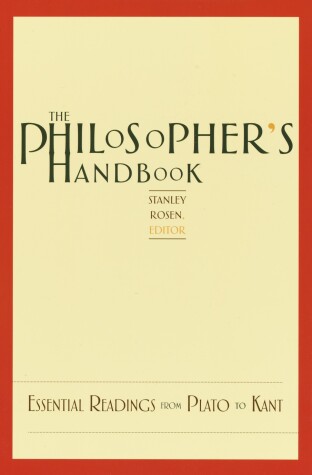This open access book looks at how a democracy can devolve into a post-factual state. The media is being flooded by populist narratives, fake news, conspiracy theories and make-believe. Misinformation is turning into a challenge for all of us, whether politicians, journalists, or citizens. In the age of information, attention is a prime asset and may be converted into money, power, and influence - sometimes at the cost of facts. The point is to obtain exposure on the air and in print media, and...
Nature's Principles (Logic, Epistemology, and the Unity of Science, #4)
by Jan Faye
One of the most basic problems in the philosophy of science involves determining the extent to which nature is governed by laws. This volume presents a wide-ranging overview of the contemporary debate and includes some of its foremost participants. It begins with an extensive introduction describing the historical, logical and philosophical background of the problems dealt with in the essays. Among the topics treated in the essays is the relationship between laws of nature and causal laws as wel...
Cicero: On Moral Ends (Cambridge Texts in the History of Philosophy)
by Marcus Tullius Cicero
This 2001 translation makes one of the most important texts in ancient philosophy available to modern readers. Cicero is increasingly being appreciated as an intelligent and well-educated amateur philosopher, and in this work he presents the major ethical theories of his time in a way designed to get the reader philosophically engaged in the important debates. Raphael Woolf's translation does justice to Cicero's argumentative vigour as well as to the philosophical ideas involved, while Julia Ann...
Raymond Williams' seminal exploration of the meaning of some of the most important words in the English language. First published in 1976, and expanded in 1983, KEYWORDS reveals how the meanings of 131 words - including 'art', 'class', 'family', 'media', 'sex' and 'tradition' - were formed and subsequently altered and redefined as the historical contexts in which they were used changed. Neither a defining dictionary or glossary, KEYWORDS is rather a brilliant investigation in...
Theodor W. Adorno (1903-69) was one of the foremost philosophers and social theorists of the post-war period. Crucial to the development of Critical Theory, his highly original and distinctive but often difficult writings not only advance questions of fundamental philosophical significance, but provide deep-reaching analyses of literature, art, music sociology and political theory. In this comprehensive introduction, Brian O'Connor explains Adorno's philosophy for those coming to his work for...
Gewissheit ALS Norm (Quellen Und Studien Zur Philosophie, #35)
by Michael Kober
Freiheit und Intersubjektivitat (Hegel-Forschungen)
by Sergio Dellavalle
In this book the author discusses synergies between computers and thought, related to the field of Artificial Intelligence; between people and thought, leading to questions of consciousness and our existence as humans; and between computers and people, leading to the recent remarkable advances in the field of humanoid robots. He then looks toward the implications of intelligent 'conscious' humanoid robots with superior intellects, able to operate in our human environments. After presenting the...
Life Energies, Forces and the Shaping of Life: Vital, Existential (Analecta Husserliana, #74)
The nature of life consists in a constructive becoming (see Analecta Husserliana vol. 70). Though caught up in its relatively stable, stationary intervals manifesting the steps of its accomplishments that our attention is fixed. In this selection of studies we proceed, in contrast, to envisage life in the Aristotelian perspective in which energia, forces, and dynamisms of life at work are at the fore. Startling questions emerge: `what distinction could be drawn between the prompting forces of li...
Emerging Conceptual, Ethical and Policy Issues in Bionanotechnology (Philosophy and Medicine, #101)
Nanobiotechnology is the convergence of existing and new biotechnology with the 1 ability to manipulate matter at or near the molecular level. This ability to manipulate matter on a scale of 100 nanometers (nm) or less is what constitutes the nanotechnology revolution occurring today, the potentially vast economic and social implications of which are yet to be fully understood (Royal Society, 2004). The most immediate way to understand the implications of nanobiotechnology for ethics is to consi...
For Introduction to Humanities courses and Introduction to Philosophy courses.A classic, proven through nine previous editions, this reader stimulates students' interest in philosophy through an innovative and appropriate "sides of the argument" presentation, with each reading representing a position on each of the fundamental philosophical questions. Using debate and argument as a vehicle, Classic Philosophical Questions simultaneously teaches students the fundamentals of philosophy while also...
Knowledge and Language (Boston Studies in the Philosophy and History of Science, #227)
by L. Jonathan Cohen
I am very grateful to Kluwer Academic Publishers for the opportunity to republish these articles about knowledge and language. The Introduction to the volume has been written by James Logue, and I need to pay a very sincerely intended tribute to the care and professionalism which he has devoted to every feature of its production. My thanks are also due to Matthew MeG rattan for his technical as sistance in scanning the articles onto disk and formatting them. 1. Jonathan Cohen vii Publisher's No...
Kommunale Wahlergemeinschaften in Deutschland. Bereicherung oder Gefahr fur die Demokratie?
by Maik Berendt
Singularity Hypotheses (The Frontiers Collection)
Singularity Hypotheses: A Scientific and Philosophical Assessment offers authoritative, jargon-free essays and critical commentaries on accelerating technological progress and the notion of technological singularity. It focuses on conjectures about the intelligence explosion, transhumanism, and whole brain emulation. Recent years have seen a plethora of forecasts about the profound, disruptive impact that is likely to result from further progress in these areas. Many commentators however doubt t...
An ideal introduction for the casual reader and a beneficial reference for the student, The Philosopher's Handbook features the writings of some of the world's most influential philosophers. Based on the premise that all human beings are curious about their existence, Rosen's collection brings together primary excerpts from the works of prominent thinkers such as Plato, Nietzsche, Descartes, Machiavelli, and Kant. Experts in each field have carefully selected the sources and provided brief intro...
